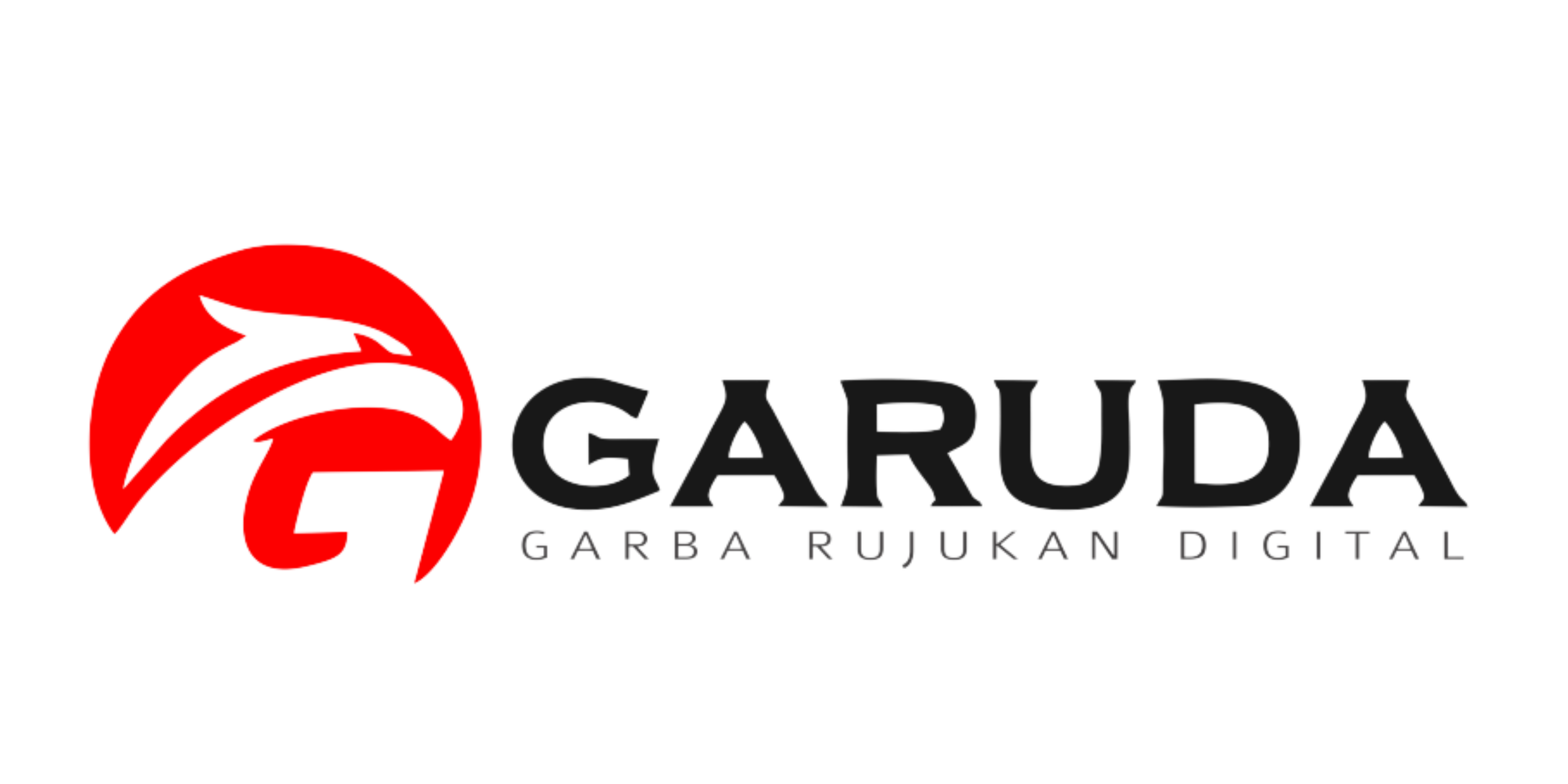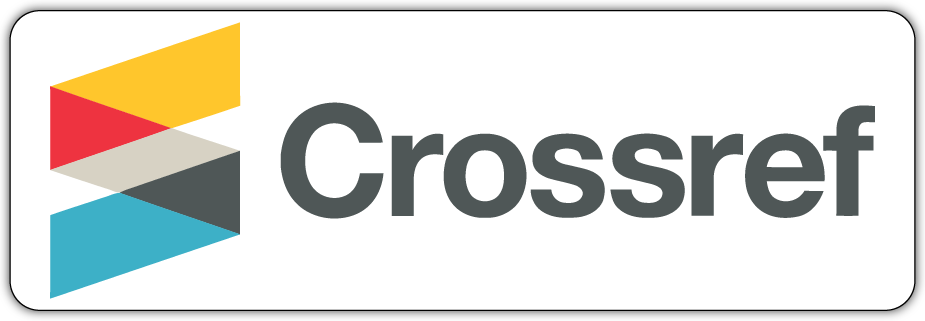Publication Ethics
JPM ITech is a collection of articles resulting from Community Service (PkM) activities that utilize Information Technology. Each article submitted is an original manuscript, does not contain elements of plagiarism, is not published in duplicate, and has gone through a peer-review process to ensure the quality of the article. The editing team does not disclose any personal information about the manuscript to anyone other than the author and upholds objectivity in making decisions in publishing articles.
Ethics Code for Publication and Authorship (Authority)
1. All submitted articles must go through a peer-review process by two reviewers who are experts in their fields.
2. All articles entered in JPM ITech will be checked for relevance, authenticity, writing procedures, and language.
3. The decision taken is the article that is accepted, accepted with revision, or rejected.
4. If the author states to revise and resubmit the article, there may be a guarantee that the revision will be accepted.
5. Rejected articles will not be reviewed.
6. Acceptance of articles is limited by applicable legal requirements regarding reputation, copyright infringement and plagiarism.
Responsibilities of the Author (author)
1. Authors must certify that their manuscript is their original work.
2. The author must certify that the manuscript has not previously been published elsewhere.
3. Authors must state that the manuscript is not currently under consideration for publication elsewhere.
4. Authors must participate in the peer-review process.
5. Authors are required to retract or correct errors.
6. The author must certify that all data in this paper is genuine.
7. Authors must notify the Editor of any conflicts of interest.
8. Authors must identify all sources used in the creation of their manuscript.
9. Authors must report any errors they find in the published paper to the Editor.
Responsibilities of Reviewers
1. Reviewers must keep all information about the paper confidential and treat it as privileged information.
2. The review must be done objectively, without personal criticism from the author.
3. Reviewers must express their views clearly with supporting arguments
4. Reviewers should identify relevant published work that has not been cited by the authors.
5. The reviewer should also request that the Editor in Chief take note of any substantial similarities or overlaps 6. between the manuscript under consideration and other published articles of personal knowledge.
Editor's Responsibilities
1. Editors have the responsibility and authority to reject/accept articles.
2. Editors are responsible for the content and overall quality of the publication.
3. Editors must ensure the quality of articles and the integrity of the academic record.
4. Editors must publish erroneous pages or make corrections if necessary.
5. Editors must have a clear picture of the source of research funding.
6. Editors should base their decisions only on the importance, originality, brochure, and relevance of the paper to the publication space.
7. Editors may not be their decision or the editor's previous decisions without the necessary reasons.
8. The editor must maintain the confidentiality of the reviewer.
9. Editors must ensure that all research material they publish complies with internationally accepted ethical guidelines.
10. Editors should only accept papers if they are reasonably certain.
11. Editors must act if they suspect a violation, whether published or unpublished, and make all reasonable efforts to resolve the issue.
12. Editors may not reject articles based on suspicion. They must have proof of infringement.
Journal Manager Responsibilities
1. Determine the name of the journal, scientific scope, periodicity, and accreditation if needed.
2. editorial board membership.
3. Defines the relationship between publishers, editors, review partners, and other parties to a contract.
4. Respect confidential matters for contributing researchers, authors, editors, and review partners.
5. Implementation of norms and provisions regarding intellectual property rights, especially copyrights.
6. Conduct a review of the journal's policy and submit it to the authors, editorial board, reviewers, and readers.
7. Create code of conduct guidelines for editors and partner reviews.
8. Publish regularly periodically.
9. Ensuring the availability of funding sources for the sustainability of journal publications.
10. Building a network of cooperation and marketing.
11. Licensing obligations and other legal aspects.









